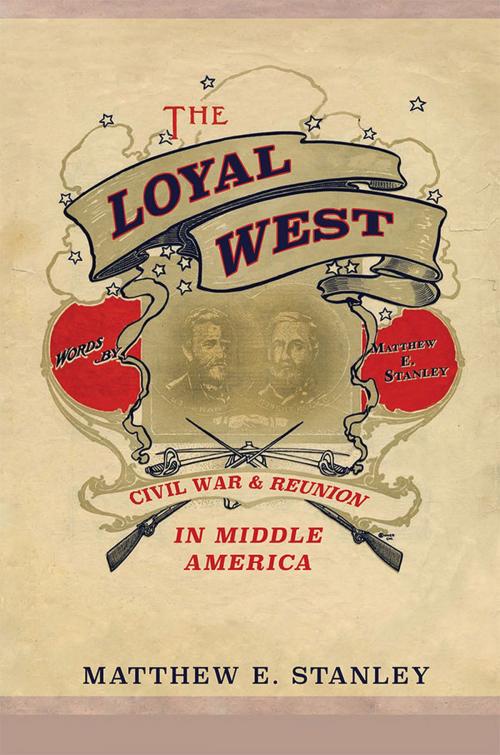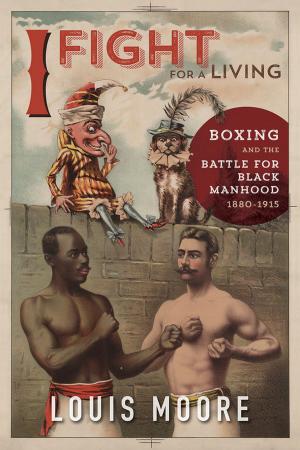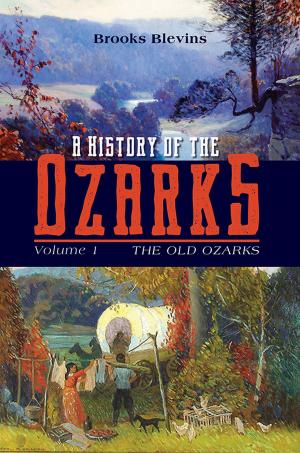The Loyal West
Civil War and Reunion in Middle America
Nonfiction, History, Americas, United States, Civil War Period (1850-1877)| Author: | Matthew E. Stanley | ISBN: | 9780252099175 |
| Publisher: | University of Illinois Press | Publication: | January 10, 2016 |
| Imprint: | University of Illinois Press | Language: | English |
| Author: | Matthew E. Stanley |
| ISBN: | 9780252099175 |
| Publisher: | University of Illinois Press |
| Publication: | January 10, 2016 |
| Imprint: | University of Illinois Press |
| Language: | English |
A free region deeply influenced by southern mores, the Lower Middle West represented a true cultural and political median in Civil War-era America. Here grew a Unionism steeped in the mythology of the Loyal West--a myth rooted in regional and racial animosities and the belief that westerners had won the war. Matthew E. Stanley's intimate study explores the Civil War, Reconstruction, and sectional reunion in this bellwether region. Using the lives of area soldiers and officers as a lens, Stanley reveals a place and a strain of collective memory that was anti-rebel, anti-eastern, and anti-black in its attitudes--one that came to be at the forefront of the northern retreat from Reconstruction and toward white reunion. The Lower Middle West's embrace of black exclusion laws, origination of the Copperhead movement, backlash against liberalizing war measures, and rejection of Reconstruction were all pivotal to broader American politics. And the region's legacies of white supremacy--from racialized labor violence to sundown towns to lynching--found malignant expression nationwide, intersecting with how Loyal Westerners remembered the war.
A free region deeply influenced by southern mores, the Lower Middle West represented a true cultural and political median in Civil War-era America. Here grew a Unionism steeped in the mythology of the Loyal West--a myth rooted in regional and racial animosities and the belief that westerners had won the war. Matthew E. Stanley's intimate study explores the Civil War, Reconstruction, and sectional reunion in this bellwether region. Using the lives of area soldiers and officers as a lens, Stanley reveals a place and a strain of collective memory that was anti-rebel, anti-eastern, and anti-black in its attitudes--one that came to be at the forefront of the northern retreat from Reconstruction and toward white reunion. The Lower Middle West's embrace of black exclusion laws, origination of the Copperhead movement, backlash against liberalizing war measures, and rejection of Reconstruction were all pivotal to broader American politics. And the region's legacies of white supremacy--from racialized labor violence to sundown towns to lynching--found malignant expression nationwide, intersecting with how Loyal Westerners remembered the war.















